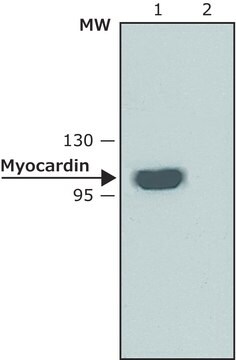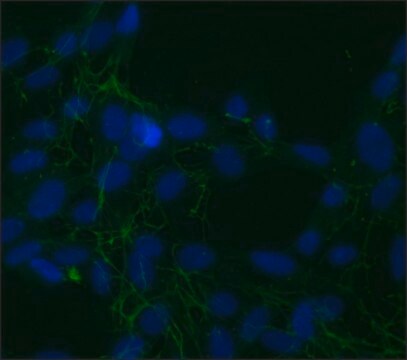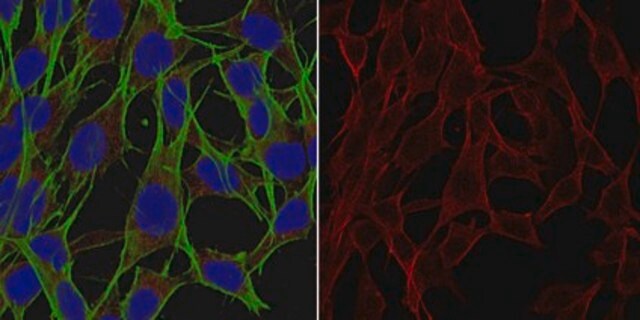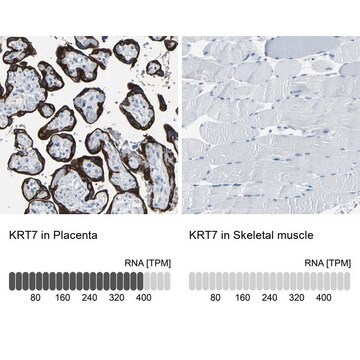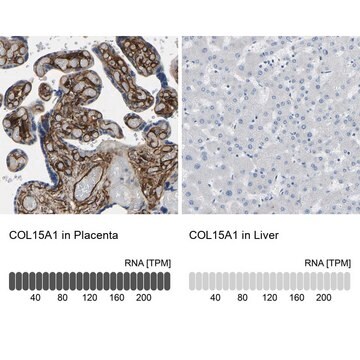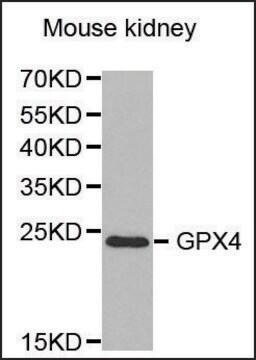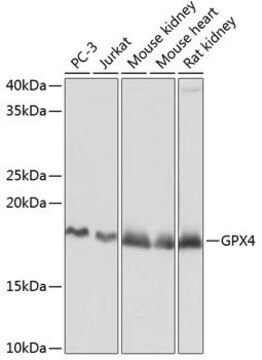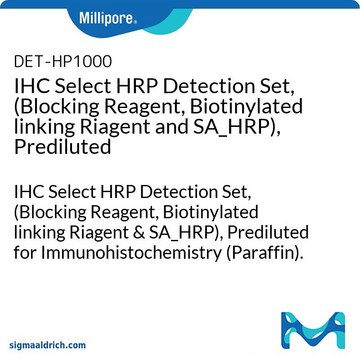SAB2100035
Anti-ACSL4 antibody produced in rabbit
affinity isolated antibody
Synonim(y):
Anti-ACS4, Anti-Acyl-CoA synthetase long-chain family member 4, Anti-FACL4, Anti-LACS4, Anti-MRX63, Anti-MRX68
About This Item
Polecane produkty
pochodzenie biologiczne
rabbit
Poziom jakości
białko sprzężone
unconjugated
forma przeciwciała
affinity isolated antibody
rodzaj przeciwciała
primary antibodies
klon
polyclonal
Formularz
buffered aqueous solution
masa cząsteczkowa
74 kDa
reaktywność gatunkowa
rat, rabbit, guinea pig, mouse, bovine, human, dog, horse
stężenie
0.5 mg - 1 mg/mL
metody
western blot: suitable
numer dostępu UniProt
Warunki transportu
wet ice
temp. przechowywania
−20°C
docelowa modyfikacja potranslacyjna
unmodified
informacje o genach
human ... ACSL4(2182)
Powiązane kategorie
Opis ogólny
Immunogen
Zastosowanie
Działania biochem./fizjol.
Sekwencja
Postać fizyczna
Oświadczenie o zrzeczeniu się odpowiedzialności
Nie możesz znaleźć właściwego produktu?
Wypróbuj nasz Narzędzie selektora produktów.
Kod klasy składowania
10 - Combustible liquids
Klasa zagrożenia wodnego (WGK)
WGK 3
Temperatura zapłonu (°F)
Not applicable
Temperatura zapłonu (°C)
Not applicable
Wybierz jedną z najnowszych wersji:
Certyfikaty analizy (CoA)
Nie widzisz odpowiedniej wersji?
Jeśli potrzebujesz konkretnej wersji, możesz wyszukać konkretny certyfikat według numeru partii lub serii.
Masz już ten produkt?
Dokumenty związane z niedawno zakupionymi produktami zostały zamieszczone w Bibliotece dokumentów.
Global Trade Item Number
| SKU | GTIN |
|---|---|
| SAB2100035-100UL | 4061836147945 |
| SAB2100035-50UG |
Nasz zespół naukowców ma doświadczenie we wszystkich obszarach badań, w tym w naukach przyrodniczych, materiałoznawstwie, syntezie chemicznej, chromatografii, analityce i wielu innych dziedzinach.
Skontaktuj się z zespołem ds. pomocy technicznej
